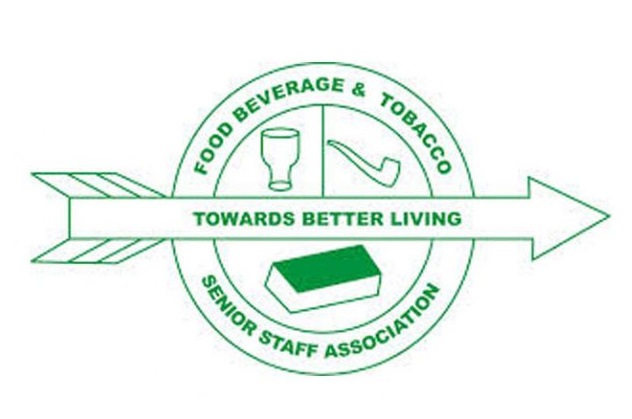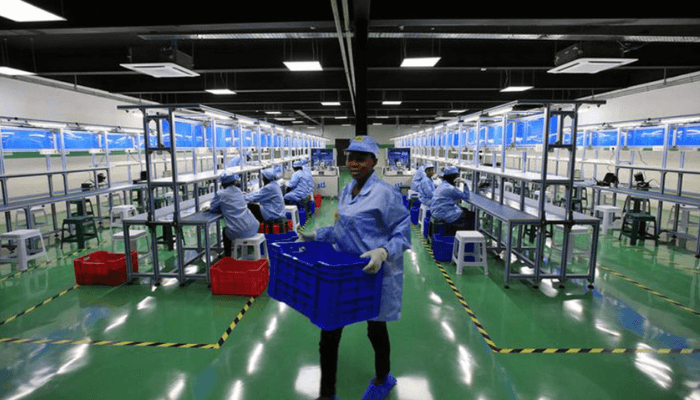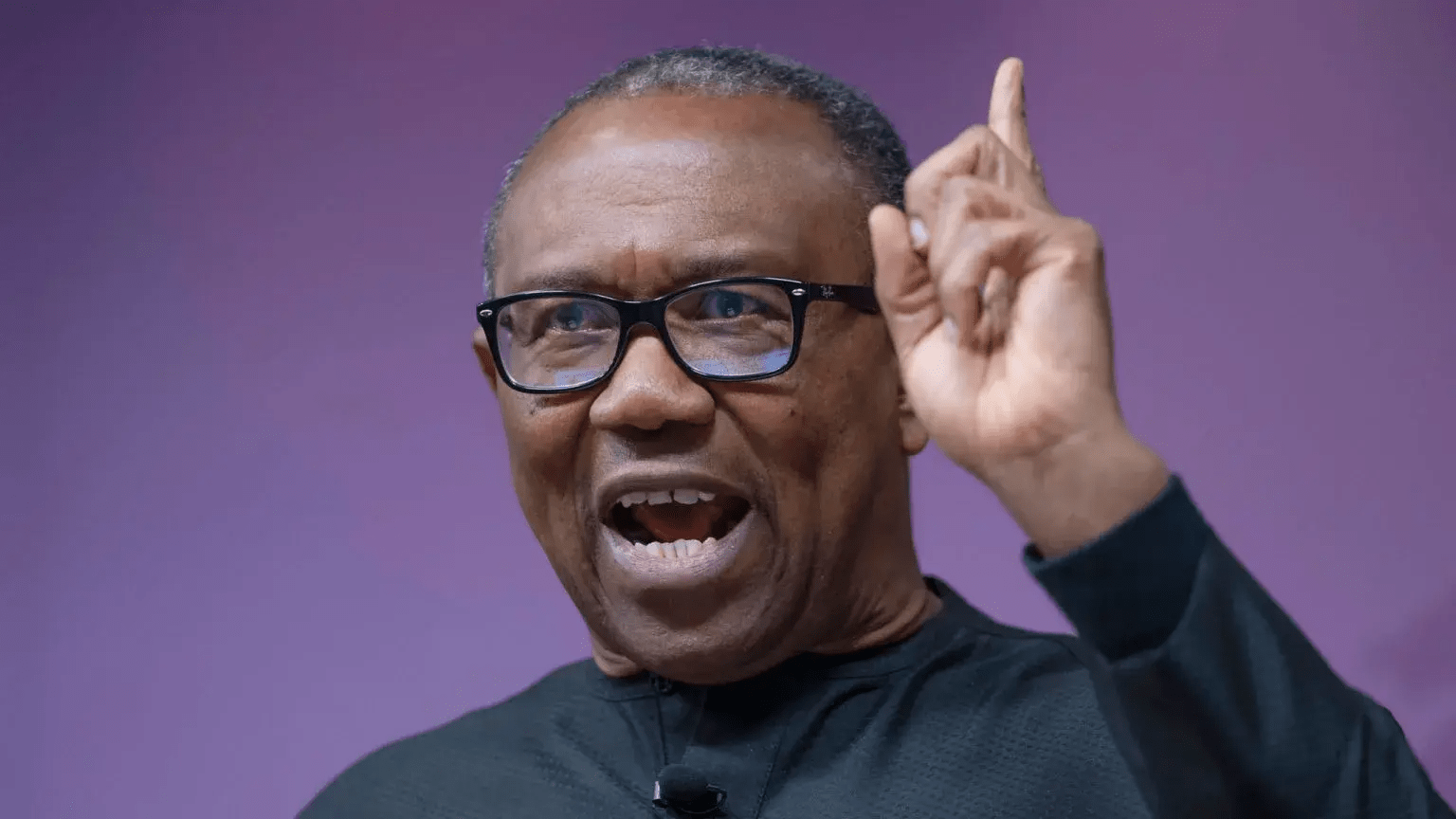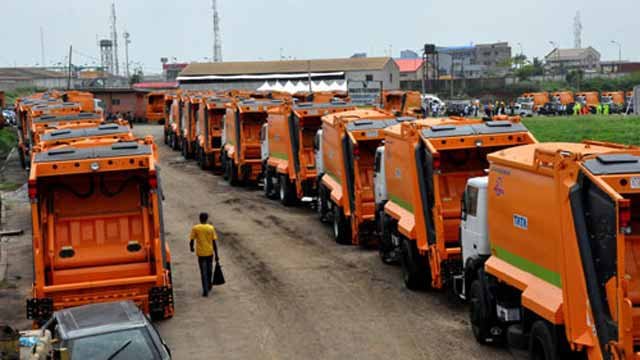Lagos Plastic Ban Threatens Livelihoods of 89% in Sector – Manufacturers Warn
The Manufacturers Association of Nigeria (MAN) has raised serious concerns about the upcoming single-use plastic (SUP) ban in Lagos State, warning that it could displace over 89% of operators within the plastic value chain. The group has urged the state government to reconsider the decision, calling it “reactionary” and potentially devastating to both the economy and thousands of livelihoods.
The warning came in a statement issued by MAN’s Director-General, Segun Ajayi-Kadir, who cited a recent MAN-supported study showing significant economic, operational, and social consequences from the ban. According to the findings, the majority of manufacturers, distributors, traders, and end users rely heavily on single-use plastics, with no current alternatives in place.
Ajayi-Kadir noted that 89% of businesses involved in the plastic value chain would face immediate livelihood loss, while 100% of manufacturers surveyed feared workforce restructuring if the ban proceeds. Many of the affected businesses, largely led by women, claim they have received no support or information on how to transition from plastic use.
He criticized the policy for lacking proper data and stakeholder engagement. “The government’s decision was not informed by credible data. It is out of tune with our socio-economic reality,” he said, adding that plastic waste mismanagement, not plastic itself, is the real issue.
The Lagos State Ministry of Environment plans to enforce the SUP ban beginning July 1, 2025, arguing it’s a necessary step towards environmental protection. However, MAN countered that the move prioritizes a quick fix over a balanced and sustainable approach that considers economic and environmental needs.
Ajayi-Kadir emphasized the need to strengthen existing frameworks such as the Extended Producer Responsibility (EPR) programme instead of creating new, potentially overlapping structures like the proposed Lagos State Plastic Waste Fund. He noted that over 40 MAN member companies are already part of the Food and Beverage Recycling Alliance (FBRA).
MAN also warned that banning SUPs without viable and affordable alternatives would lead to higher costs, product integrity risks, and negative impacts on recyclers and manufacturers. These disruptions could affect export earnings and regional supply chains, including other West African countries.
In response, the Special Adviser on Climate Change and Circular Economy, Titilayo Oshodi, insisted that the government has been engaging with stakeholders. She stated that the one-year moratorium before the July 1 enforcement was provided specifically to allow time for dialogue and preparation. The state’s Minister for Environment, Tokunbo Wahab, echoed this, noting ongoing meetings with industry leaders like TETRA PAK West Africa and FBRA members.
Despite these claims, MAN maintains that the current strategy lacks inclusion and calls for a systemic, data-driven approach. They urge the government to learn from the National Plastic Action Roadmap and the draft National Plastic Waste Control Regulation, both developed through inclusive consultation.
Ajayi-Kadir stressed that while MAN supports the intent to manage plastic waste, banning products without sustainable planning is a “disservice” to both the environment and Nigeria’s industrial growth. He called on Lagos to invest in recycling infrastructure, material recovery facilities, and circular economy solutions rather than disrupting the manufacturing sector with poorly planned bans.
He concluded with a reminder that job creation, social dialogue, and the International Labour Organisation’s Decent Work Agenda must be core elements of any government policy aimed at environmental reform.
















